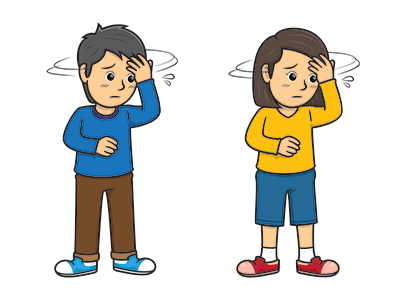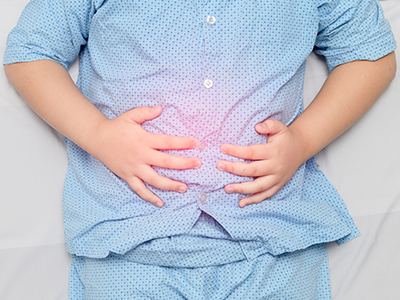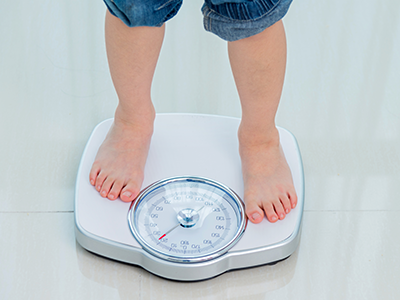Epilepsy is a neurological disorder that causes people to have repeated seizures, which can make life challenging. For children with drug-resistant epilepsy, traditional treatments may not work well. In these cases, a ketogenic diet may help manage seizures.
Medical ketogenic diets are different from the ketogenic diets people often use to lose weight. It is crucial to get help from professionals when trying these diets because they need careful planning and might have some challenges and side effects. When done right, a medical ketogenic diet can significantly improve the quality of life for children with epilepsy, providing hope for better seizure control and management.
What is a ketogenic diet and how does it work?
A ketogenic diet is a special kind of diet that is high in fat, low in carbohydrates and has a moderate amount of protein. The goal is to get the body into a state called ketosis, where it uses fat for energy instead of carbohydrates. Ketones, produced during this process, can have a stabilizing effect on brain activity, reducing the frequency and severity of seizures.
Is this just like the keto diets I read about online?
Medical ketogenic diets are quite different from the popular ketogenic diets used for weight loss. While weight loss diets aim to help people shed pounds, medical ketogenic diets have a primary focus on controlling seizures. This significant difference has crucial implications for how these diets are planned and managed.
How do I start my child on a ketogenic diet?
When considering a ketogenic diet to manage seizures, it is important to talk to your child’s main neurologist to decide if this approach is suitable. If it is, your neurologist can refer you to a dietary therapy team, such as the Dietary Therapies for Epilepsy Program at Children’s National Hospital. There, your child will meet with a neurologist and dietitian. The team will design and keep a close eye on the medical ketogenic diet, making sure it meets the specific needs of your child.
Is it important to strictly adhere to the diet for it to work?
Following the prescribed ketogenic diet with consistency is vital for success. Sticking to the recommended diet is essential for keeping the desired level of ketosis, getting the most therapeutic benefits and reducing the chances of side effects. This usually means carefully keeping track of what you eat and regularly checking ketone levels using urine, blood or breath tests.
Are there side effects of a keto diet?
Yes. Children on medical ketogenic diets may experience:
- Constipation
- Kidney stones
- Nutritional deficiencies
Due to the potential side effects, it is crucial to have regular medical check-ups. Any changes to the diet should be made with guidance from a healthcare team, including a neurologist and a dietitian, to minimize these potential problems.
 https://riseandshine.childrensnational.org/wp-content/uploads/2025/11/two-friends-feature.jpg
300
400
Danielle Robbins
https://riseandshine.childrensnational.org/wp-content/uploads/2017/11/childrens_riseandshine_logo.jpg
Danielle Robbins2025-11-13 13:55:082025-11-14 10:17:49Navigating friendships when your child has epilepsy
https://riseandshine.childrensnational.org/wp-content/uploads/2025/11/two-friends-feature.jpg
300
400
Danielle Robbins
https://riseandshine.childrensnational.org/wp-content/uploads/2017/11/childrens_riseandshine_logo.jpg
Danielle Robbins2025-11-13 13:55:082025-11-14 10:17:49Navigating friendships when your child has epilepsy





















Leave a Comment
Want to join the discussion?Feel free to contribute!